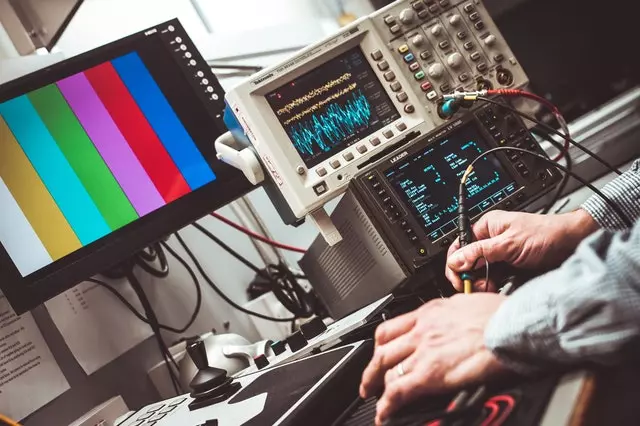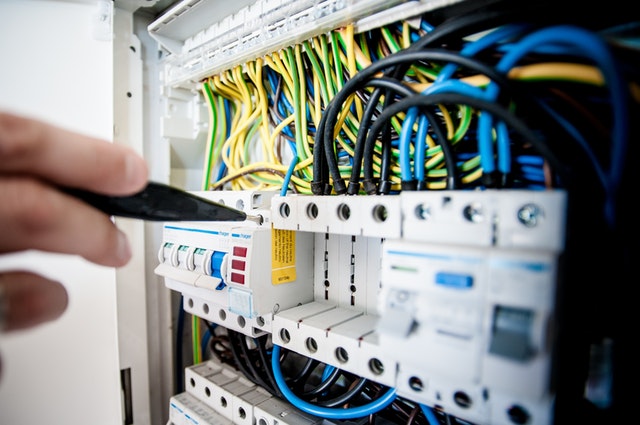Job Description– Electrical engineers develop, design, supervises and test the manufacture of electrical apparatus.
Work Environment- Electronics and Electrical engineers work cohesively in industries including engineering services, telecommunications, research and development, the federal government, and manufacturing. Electronics and Electrical and engineers commonly work in indoors offices. But, they might have required visiting specific project sites to observe and resolve a problem or a part of sophisticated equipment.
Requirements- Electrical and electronics engineers should have a bachelor’s degree. Employers also value extensive experience, like internships or involvement in one of the engineering programs.
Salary- Median annual wage for electrical engineers is $96,640; meanwhile, except for computer engineers, the median yearly salary for electronics engineers $102,700.
Job Outlook- The overall projection for an electrical and electronic engineer is that it will grow up two percent for the next ten years, slower compared to an average for all occupations. When it comes to employment, the projection for the growth is tempered due to the slow growth all because of the turndown in most of the telecommunications companies and manufacturing industries.
Careers Related- There are still occupations that share the same skills, interests, duties, education, and training with regards to electrical and electronic engineer. You can explore the employment world to know more.
Here is more detailed information on what you need to know about the career:
Brief Summary of Electronics and Electrical Engineers
Electrical engineers are responsible for developing, designing, testing, and supervising the manufacturing of electrical equipment, like radar and navigation systems, electric motors, communications systems, or power generation equipment. Also, electrical engineers are the ones designing the electrical systems of automobiles and aircraft.
And other duties including the following:
- Designing of new ways to use of electrical power and equipment or improve electrical products like current sense resistors, circuit breakers, and the likes.
- Being the lead person in the manufacturing, installing, and testing of electrical equipment to guarantee products meet specific standards and codes.
- Cohesively work with project managers to projects are on track and completed on time within the budget and ensure customer satisfaction.
- Electronics engineers are also designing and developing electronic equipment, such as communications systems and broadcast systems like Global Positioning System (GPS) devices, and portable music players. The scope of duties also covers work in areas relating to computer hardware.
And other duties including the following:
- Designing electronic software, products, and systems intended for a specific field like education, medical, and commercial.
- Evaluating systems and recommending specific designs for equipment repair, upgrades, and modifications.
- Developing maintenance and testing all procedures for electronic components and equipment.
How to become an Electronics and Electrical Engineer- Education and Qualifications
If you are dreaming of becoming an electrical or electronics engineer, you need to have a bachelor’s degree such as electronics engineering, electrical engineering, electrical engineering technology, any engineering field.
High school students who find interest in studying electrical or electronics engineering will become beneficial from taking courses in some subjects like maths and physics, which includes trigonometry, calculus, and algebra. A class that provides for drafting is also helpful in your end, especially for designing- because electronics and electrical engineers need to prepare technical drawings.




